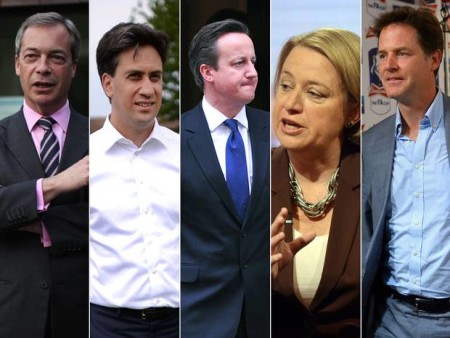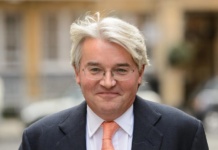Once the customary post-budget inquest has run its course, the major parties will get back to the matter at hand, May’s national poll.

Just weeks ahead of the General Election, there are a number of pre-election hot topics, such as the housing crisis, crime and the NHS. Predictably, some candidates are suggesting that one topic, immigration, overarches most of the other issues so that it is this that has become the issue that features most prominently in every manifesto. After all, is it not migrants that are straining the housing market, the police and the NHS to breaking point?
Overall immigration to the UK has increased significantly since the end of the 1970s, and has continued to do so under the current administration. This is despite a pledge by the Conservatives before the last General Election to reduce immigration to the “tens of thousands”. The reality of the situation is that as the UK is part of the EU, and so cannot control immigration from within the EU.
Another reality is that many voters are confused as to which party stands where on immigration. It is the question every representative gets asked in interviews, yet it would appear that a lot of bets are being hedged, as it were. This is understandable when you consider than many of the electorate are migrants or the children and grandchildren of migrants. So what do the main parties say on the single topic of immigration?
Conservatives
Despite David Cameron’s promise to cut immigration, the level of immigration has risen since he came into power.
The Tories pledge to cut benefits to non-EU migrants and restrict their access to housing, healthcare and work. They have also promised a referendum on Britain’s membership of the EU.
Labour
Labour oversaw a huge influx of immigrants, some 3.6 million, during ‘New Labour’s’ 13 years in power. But where does leader Ed Miliband stand now?
Despite saying that they are proud of Britain’s diversity, Labour declare on their website that “reforms are needed”.
Labour pledge to restrict migrant’s access to benefits during their first two years in Britain, to tighten the border controls and prevent those who cannot speak English from taking up roles that involve them facing the public.
Liberal Democrats
After a spectacular fall from grace following the broken pledge not to raise tuition fees for students, Liberal Democrat leader Nick Clegg may have a hard time having his election promises believed by some.
Clegg has been vocal in his support of “well-managed” immigration, and the belief that Britain is at its best as an “outward-facing” nation.
The Liberal Democrats have suggested restricting Universal Credit payments for migrants during their first six months in Britain.
UKIP
UKIP is an anti-immigration/anti EU Party. UKIP leader Nigel Farage has made a range of promises to stem immigration, but these pledges have not always been so coherent.
Farage initially said he would not set an “arbitrary immigration target”, but swiftly contradicted this by suggesting a cap at 50,000. UKIP have also controversially pledged to prevent the terminally ill from entering Britain. If Britain left the EU as UKIP wants, free movement from the EU to the UK would end as, potentially, would free movement from the UK to EU countries.
Green Party
The Green Party, led by Australian-born Natalie Bennett, believe that the only way to curb immigration to the UK is to improve the quality of life elsewhere.
The Greens have stated that they would relax immigration laws, and abandon the “artificial immigration cap”. They would shut down immigration detention centres such as the infamous Yarls Wood, and give migrants the same access to benefits, housing and healthcare as British citizens.
Scottish National Party
The SNP want to see powers devolved around issues of immigration to create flexibility for Scotland. SNP Member of the Scottish Parliament (MSP) Christian Allard, who is originally from France, has said that immigrants can make a “key contribution to our economy and to our society”, and accused the other parties of pandering to UKIP. The SNP want to utilise the skills immigrants have to offer to improve the economy and also the quality of the workforce in Scotland.
Without doubt party leaders will be forced to nail their colours firmly to their respective masts more firmly over the next few weeks. Some will trip themselves up or have to defend past indiscretions as and when they are exposed. Others may cast caution to the wind.
What is certain is that election campaigning has changed, perhaps irrevocably. For me, the most interesting thing will be how Britain changes once the campaigning is over.








